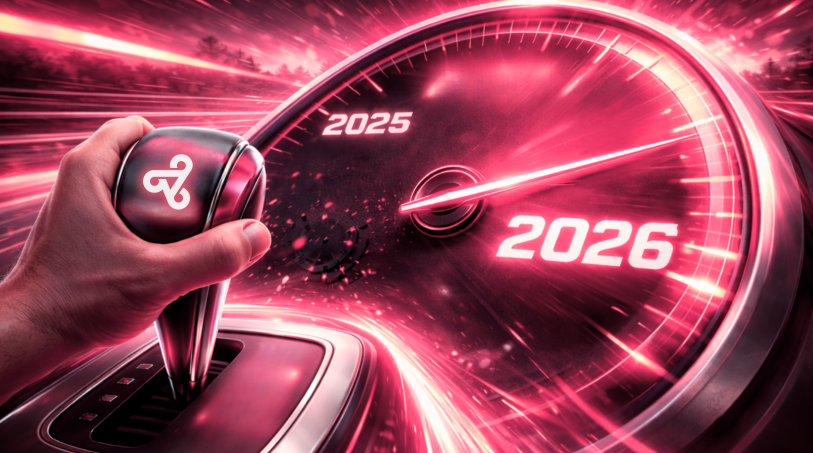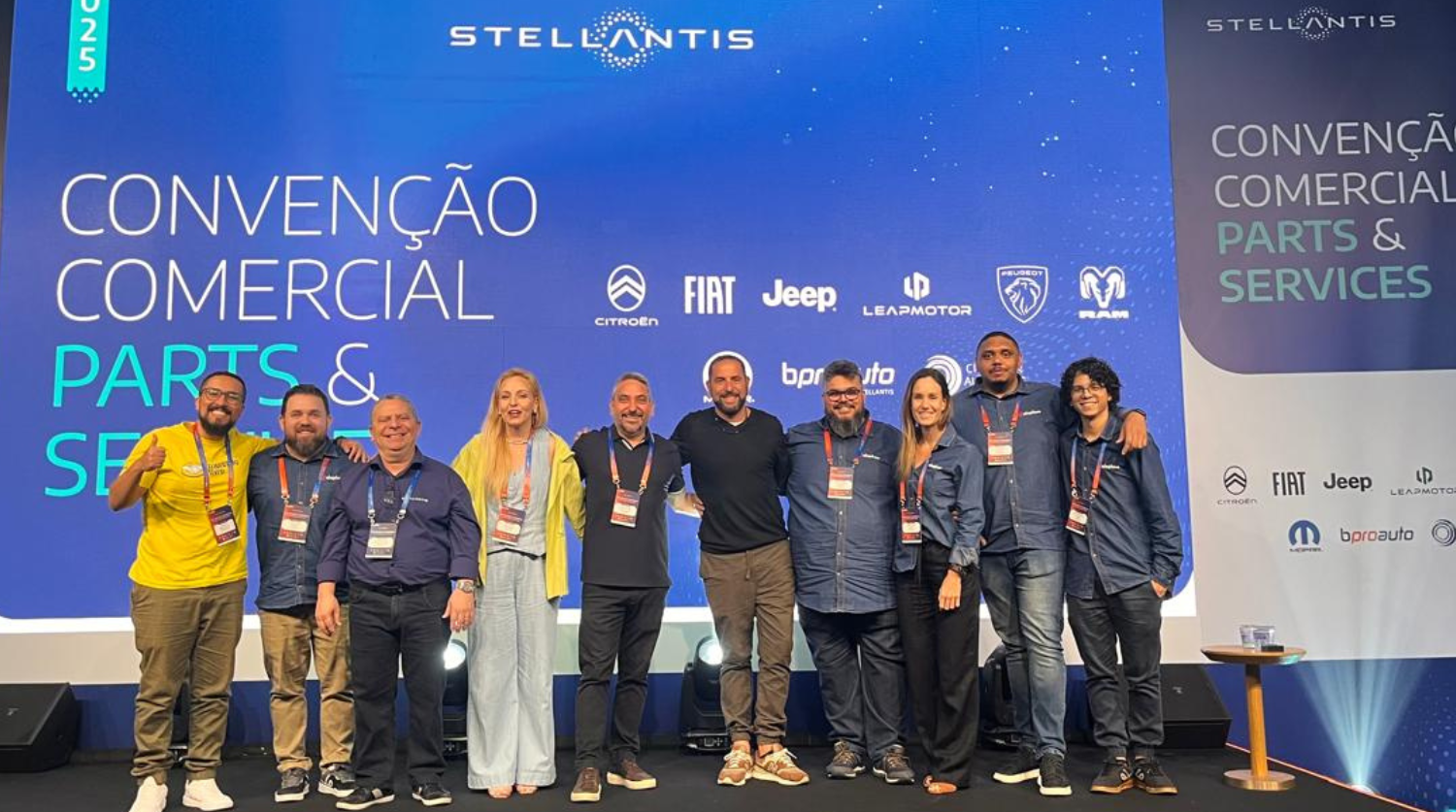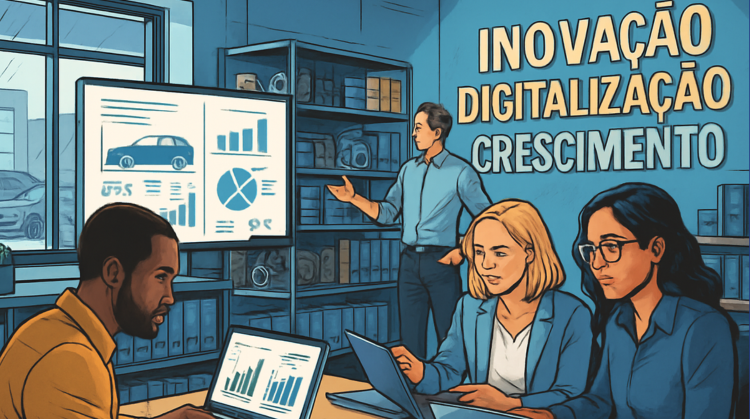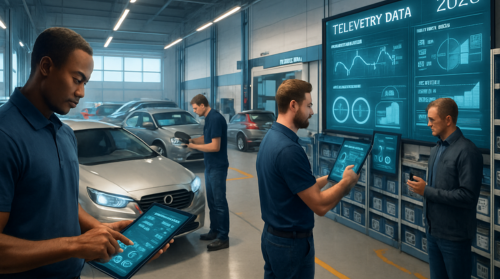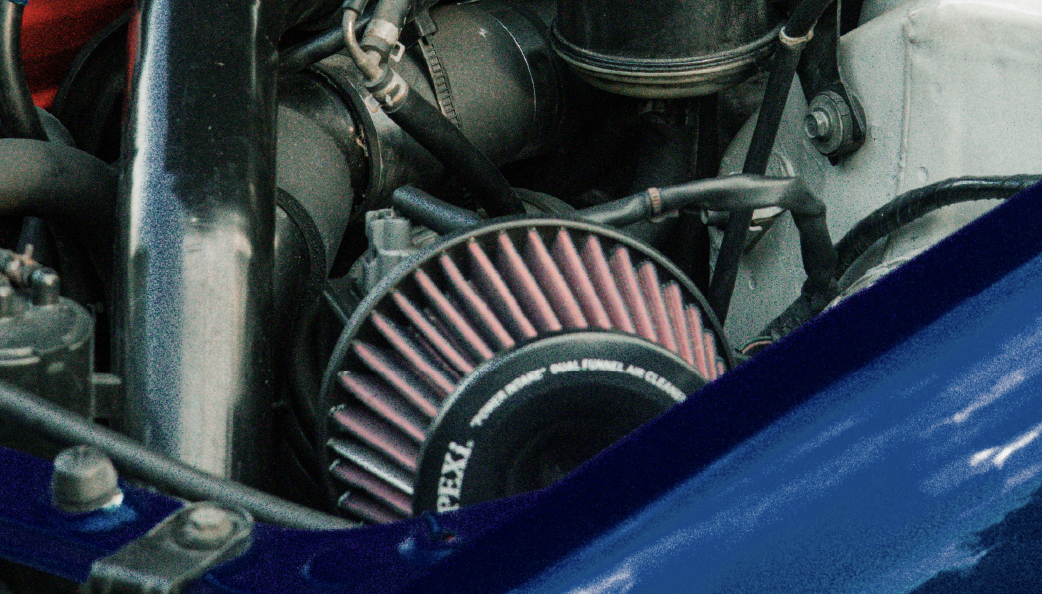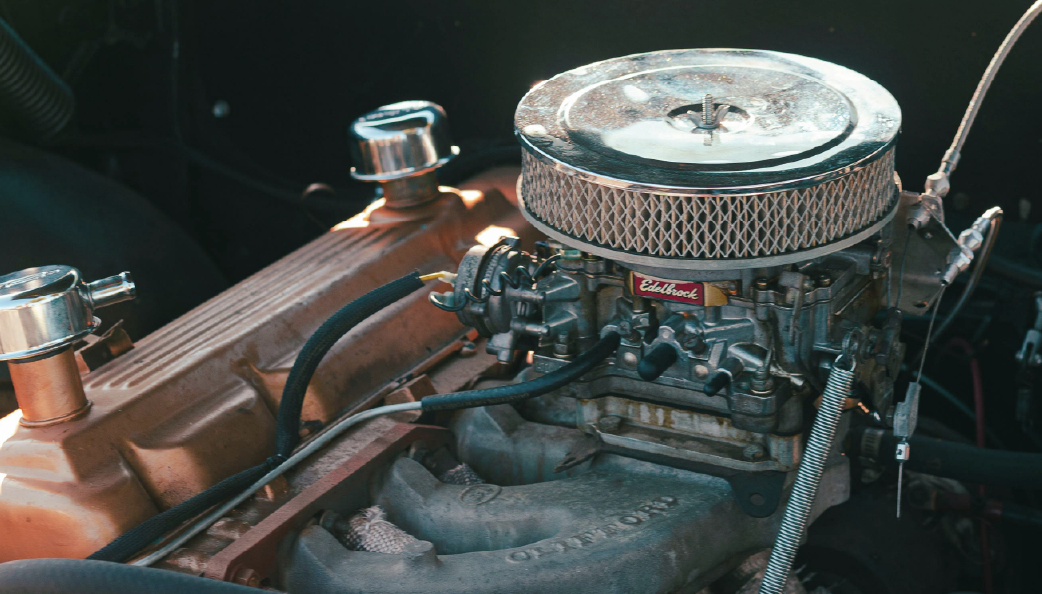The digital transformation has firmly taken root in the automotive sector, and in Argentina, it is already making a strong impact: 95% of sales closings at leading dealerships now come from online leads. This new scenario not only changes the buying process but also redefines the seller's role, who must now act as a strategic advisor skilled in digital tools.
A more demanding and competitive market
The automotive industry is facing growing competition, driven by emerging brands, more informed consumers, and technological advancements that are changing the rules of the game. Today, it's not enough to have stock or good prices—the key lies in offering personalized and efficient experiences.
Víctor Moure, co-founder of Redoo, puts it this way: “The modern salesperson must become a true consultant, able to understand the customer and offer tailored solutions using technology.”
From salesperson to consultant: a paradigm shift
Recent studies show that companies that create an emotional connection with customers are up to seven times more likely to be chosen. Even more, those customers are 15 times more willing to spend more and 20 times more likely to recommend the brand.
According to Gonzalo Martínez Egaña, director of Pilot Solution, the traditional model is outdated: “Although online inquiries have increased, they don’t always convert into sales. Advisors who guide the customer from the first contact are the ones who stand out.”
Why has the conversion rate dropped?
Currently, the conversion rate is around 3%, far below the 8–10% seen twenty years ago. With access to multiple online options and automatic comparison tools, buyers explore more before deciding. In response, dealerships must adopt solutions that optimize resources and reduce operational costs.
“Technology reduces manual tasks and frees up time for strategic actions”, says Moure. Tools like automated appointment scheduling or post-sale follow-ups can lower operational workload by up to 20%.
The hybrid model: key to the future
The dealership of the future won’t be 100% physical or 100% digital—it will be hybrid. Artificial intelligence enables customer segmentation, opportunity detection, and a focused approach to those with higher purchase intent.
“AI doesn’t replace the salesperson, it enhances them”, explains Martínez Egaña. “It allows them to focus on what really matters: understanding the customer and closing the sale.”
In addition, real-time data improves the customer experience, while virtual assistants keep the relationship active even outside business hours, enabling fully digital sales.
Putting the customer at the center
Digitalization is no longer optional—it’s essential to stay in the race. By automating processes and eliminating repetitive tasks, dealerships can focus on what matters most: creating value and building long-term relationships.
“We’re very close to a fully digital sales model”, concludes Moure. “The consumer already knows what they want and expects fast, simple, and efficient processes.”
The future has arrived. And in the automotive industry, it’s no longer just about selling cars—it’s about understanding people.


